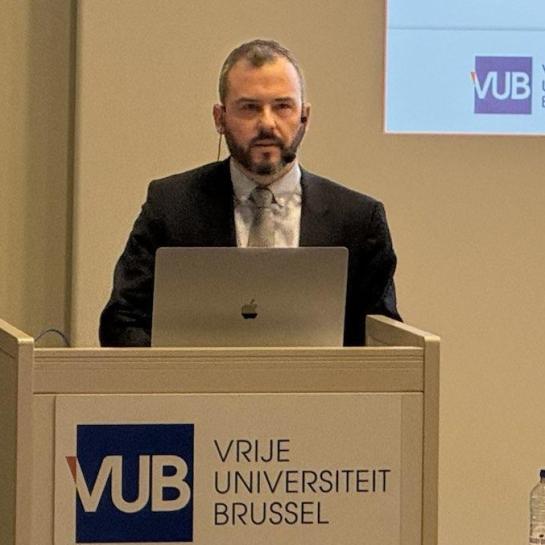Description
The Digital Era brought about rapid changes to both the ways how crime is being committed and the nature of criminal investigations and proceedings. While cybercrime and cyber-enabled crime is on the rise, the law enforcement authorities move away from traditional investigative methods. They become tech-savvy and apply digital investigatory measures - searches of publicly available information online, issuing production orders to service providers, carrying out undercover digital investigations, performing ‘lawful hacking’, or using Big Data analytics and Artificial Intelligence, finding patterns in large datasets. However, the shift towards intelligence-led investigations is not accompanied with reforms of criminal investigations and proceedings. Digital investigatory measures therefore often appear un- or under-regulated. At the same time, data protection rules for law enforcement in the Digital Era have been harmonised on the EU level, through the transposition of the Law Enforcement Directive 2016/680. On the one hand, this Directive was criticised for not engaging enough with criminal procedural law and ignoring its particularities. On the other hand, the Directive was adopted too early to incorporate ground-breaking law enforcement and surveillance case law of Luxembourg and Strasbourg courts. This project (1/1/2023-31/12/2026) is taking a constructive reformist’s perspective with the aim to create a dialogue between criminal procedural law, data protection law and European human rights law.



